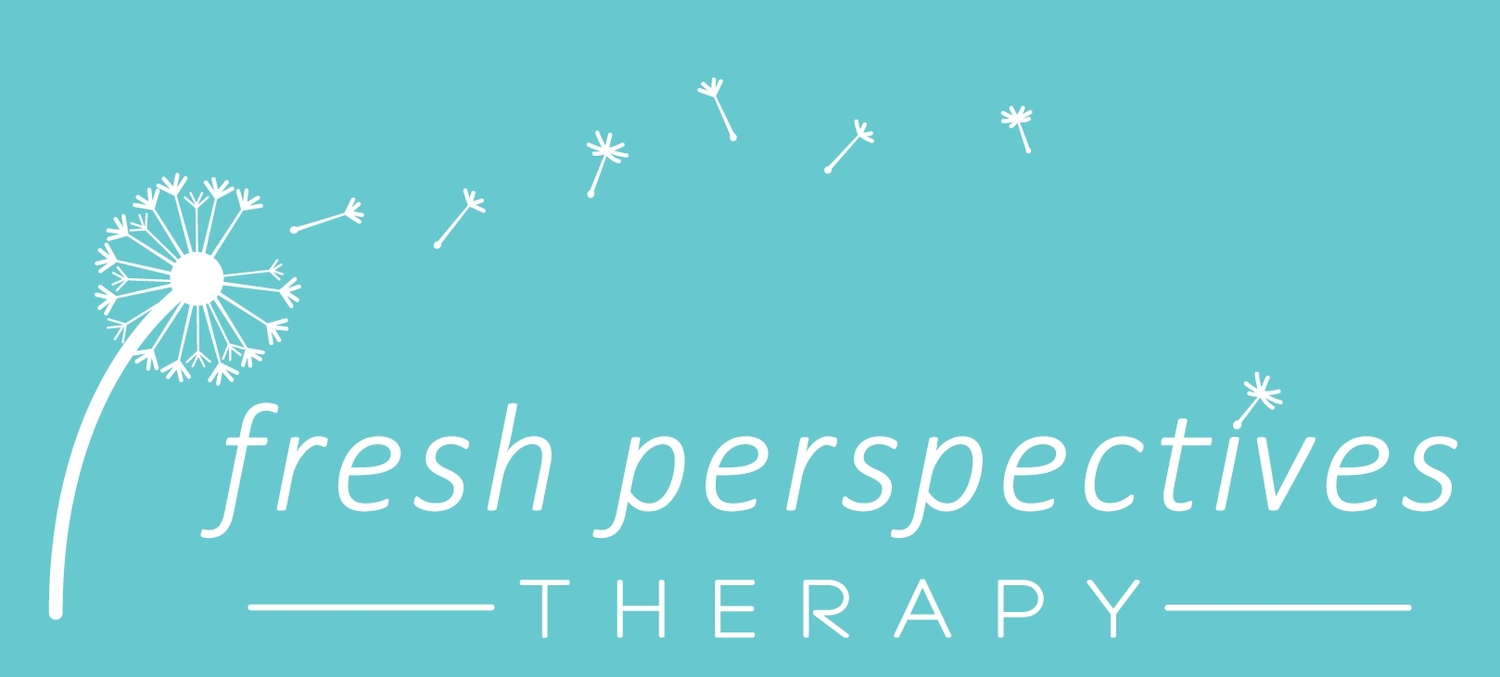Grief is one of those ubiquitous human experiences. We all feel it, no matter who we are or where we come from. Though it’s universal, it is also deeply personal, and every loss is uniquely mourned. This can make it extremely challenging to be the supportive friend or family member you want to be when someone else is grieving. How, then, do we support those we love when they experience a loss, be it a person, pet, job, health, relationship, or opportunity?
Ease the Challenge of Daily Functions
We often feel at a loss as to how to support others. We ask them how we can help but they’re not sure either and may not want to burden you. This is a time to take action and, within reasonable boundaries, roll up your sleeves and help out.
Here are some ideas of what to do:
Drop off meals that are:
- Freezable
- Healthy
- Individually portioned
- Within their dietary restrictions and preferences
Do simple, unintrusive chores, such as:
- Laundry (stick to things like towels & bedding, avoid delicates/undergarments)
- Sweeping and mopping
- Washing dishes
- Dusting
- Taking out trash
- Mowing, raking, weeding, shoveling
- Grocery shopping for simple items (bananas, granola bars, toilet paper, etc.)
- Helping care for pets.
Make or bring coffee/tea in the mornings (but not too early)
**Always let the person know what you’re doing and confirm they feel comfortable with that. When you’re there, offer a supportive ear without creating a feeling of obligation for the other person to talk.
Hold Off Judgment
The reality is, we make judgments about our friends and family members--as much as we try not to. We too often let these judgmental thoughts about how intensely and how long people “should” mourn certain losses that we forget our loved one is suffering and in need of support.
So here’s what you do:
- Accept that your brain comes up with judgmental thoughts, even when it seems terribly inappropriate to do so.
- It’s what you do with these thoughts that matter!
- Remember, even if a loss seems less significant to you, it could be a major upheaval for others (the opposite can also be true!)
- There is not a prescribed period of time for grieving
- Just because it’s been a year, two, or ten since the loss, does not mean a person is “over it”.
If you truly are concerned about your loved one’s behaviors as they grieve, encourage them to seek professional help and support them as they do.
Acknowledge the Difference
Grief is, in part, a reflection of the lost relationship. This loss will be different from any other before and most definitely different from other people’s losses--even if situational similarities exist. It’s essential you acknowledge this for yourself (you may even need to verbalize this to your loved one).
It’s helpful to refrain from:
- Bringing your past experiences of grieving up unless prompted or asked
- Saying, “I know exactly what you’re going through”
Instead try saying something like
- “There’s no way I can know exactly what you’re going through but I’m here to support you any way I can.”
- “I know this hurts and I’m here with you.”
Don’t Forget
Remember birthdays, wedding anniversaries, anniversary of the deceased’s parting, or any other significant dates. These will likely be challenging times for your loved one. Verbalize that you remember and offer support.
Use the deceased’s name specifically
- It can be difficult for a person to move forward in grief if they think their loved one will be forgotten.
- We often refrain from using the deceased’s name because it feels gentler but for the grieving, use of the name can be a comfort
- Be mindful that for some cultures or religions, use of the name of the deceased in the first year is inappropriate
Ask your loved one what feels right and best for them, then respect that.
Ask the Hard Questions
If you become concerned about how your loved one is coping, it’s important not to shy away from some of the difficult questions. You may be the only person asking them.
Ask if they have started to have thoughts about not wanting to exist
Ask if they have had thoughts about suicide or otherwise hurting themselves
- If they say yes, ask if they have thought of a plan.
- Ask if they have intention to act on the plan.
- Remain calm and understanding, especially if they say yes.
Keep resources on hand to help you help them.
- National Suicide Prevention Lifeline: 1-800-273-8255
- Texting Crisis Line: Text “Help” to 741741
- www.NowMattersNow.org
- Nearby hospitals
- Mental health professional contact information
Above all, don’t panic. Remember it is not uncommon for thoughts of suicide to arise for a person who is grieving.
Just Be There
Enough said. Your friend or loved one may not want to be with you. They may not want to talk all the time. They may want to do their own chores, they may want to work, they may not want to leave the house. Respect any and all of these. Everyone grieves in their own way.
You don’t have to have the perfect words or know what to say. After all, there’s nothing you can say to bring back their loss.
It’s difficult and uncomfortable, but the most supportive thing you can do is just be there.
Be ready to listen and be ready to help.



